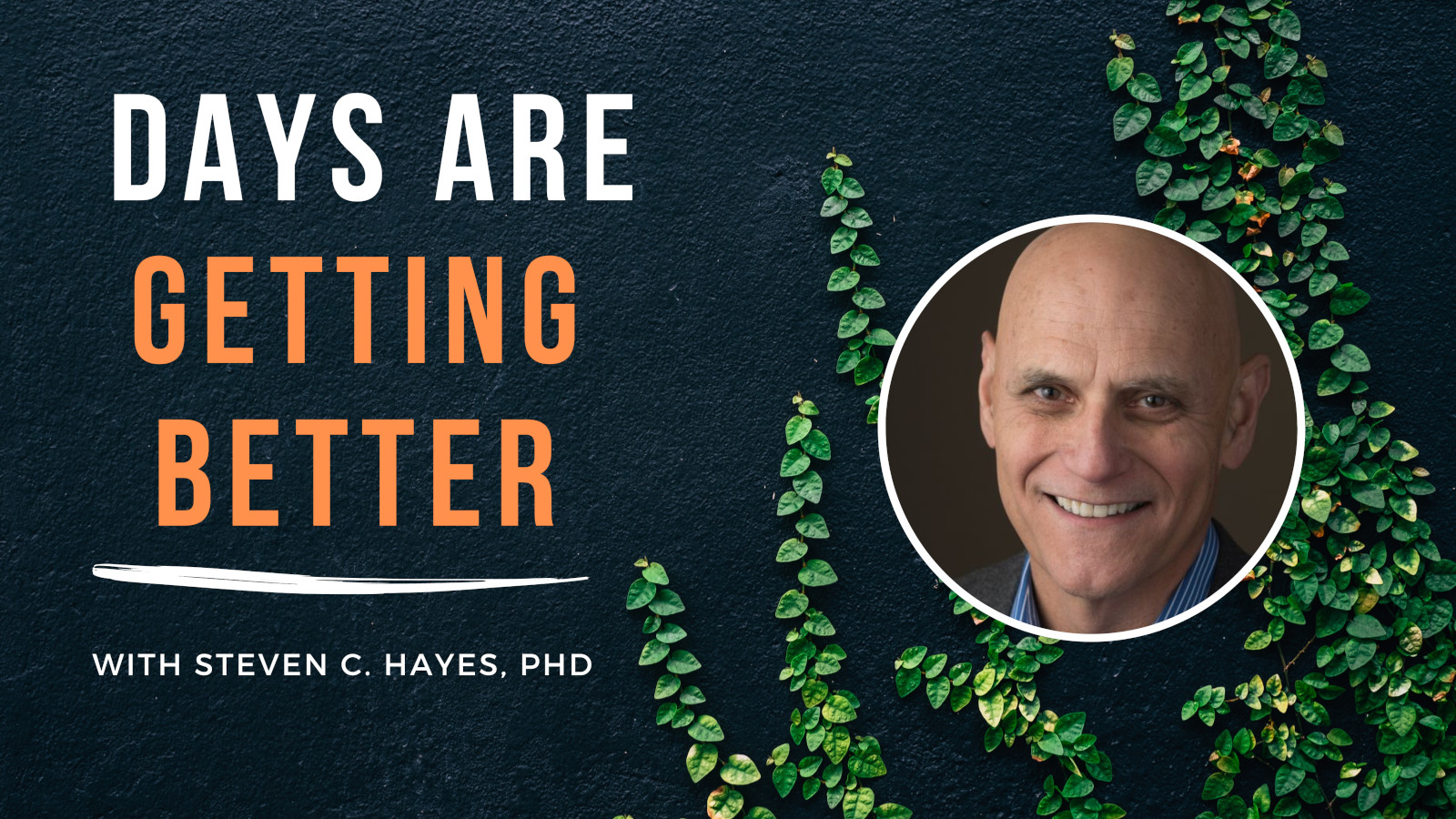How can you become more mentally resilient? I think it’s possible to give an answer that covers almost everything science can currently tell us about what to do. And you can easily remember it because you already learned it on the playground, in sports and recreation, or in the gym.
Over the past four years, my colleagues and I (Stefan Hofmann at Boston University / Philipps-University, Marburg, Germany; Joe Ciarrochi at Australian Catholic University; and our associates Baljinder Sahdra and Fred Chin) have analyzed nearly 55,000 randomized controlled trials to figure out what really helps people deal with their mental and behavioral health challenges. Focusing just on the studies that had replicated proper statistical findings about why and how positive changes happened, we found that psychological flexibility and mindfulness accounted for the majority of what we know.
If you want a less geeky way to grasp the whole of it, though, it helps to speak more metaphorically. Although there are a lot of different types of recreation, sports, and physical play they all come down to the same set of abilities. In order to perform well physically, you need to work on your stretching, strength, endurance, timing, and teamwork (even in solo sports, you need to work well with coaches). Oh, and while you are doing all of that, you must also take good care of your body’s needs for rest, replenishment, safety, and nutrition.
As it turns out, each of these areas are important for your mental resilience as well. Not for some of us – for all of us. And not occasionally – everyday.
You need to mentally stretch yourself. But instead of increasing your physical flexibility and range of motion, you widen your capacity for thoughts and feelings. This means feeling your feelings fully – without needless defenses for what is difficult, or clinging to what is comfortable. And it means thinking broadly, to pick what is useful, and to leave the rest. In this way, you can make room for heavy thoughts, without allowing them to dictate your choices or actions.
You get your mental strength from what is important to you – your values and your goals. Knowing on a gut level what you hold dear motivates you to do what matters. Why do parents give everything they have for their kids? Why are so many people struggling to create a more just world? Look around you and you will see that mental strength is not a matter of money or education or privilege. It’s a matter of purpose.
Mental endurance is about the ability to keep going. Psychologically speaking, this means learning to commit to changes, and persisting with them; especially when it becomes hard and uncomfortable. It’s keeping faith with yourself, and your own capacity to live a values-based life. One step at a time, over and over again. Slipping and falling is part of the process, just like with any sport. What matters, however, is that you get back up, try again, and keep going.
Mental timing is about awareness of what is happening in the present moment. It’s about your focus. A great tennis player needs to be aware of the position of the ball, the net, her opponent, and herself, in order to swing at the right moment in the right way. Likewise, you need to practice awareness in your own life – to be able to sense what’s going on inside of you – thoughts, feelings, sensations etc. – and what is happening in your surroundings, in order to make the right choices at the right moment. Rather than disappearing into rumination about the past or worries for the future, you need to settle in the here and now – not from the chattering, evaluative voice in your head, but from the noticing, witnessing sense of self.
Teamwork is about working well with others. This means bringing your resilience – this combination of stretching, strength, endurance, and timing – into the lives of the people that matter to you. If you play in a team sport, you know it’s not just about you. There will be times when you sit on the bench and encourage others on the field. Or that you pass up a good shot to give someone on your team an even better one. From a psychological perspective, this means being open to the thoughts and feelings of others. It means being attentive to their values and goals, and being connected to others.
And yes, taking care of your body matters for your mental resilience as well. You are a physical being, and if you are not eating well, sleeping well, or exercising well, you are going to have a hard time – both in the gym, and in your life. All of the other resilience skills will help as well. For example, if you don’t know how to give your nervous system the message that you are safe, your body will be chronically mobilized to flee or fight, causing needless wear and tear.
___
Our mental resilience is an evolving system – constantly adapting to our circumstances, and how we make use of our abilities. Everything we need to know psychologically, we first began learning about on the schoolyard. Learning mental resilience can be approached the same way we develop physically in the gym, or on the softball field, or when we shoot balls with friends. Knowing that might make it a lot easier to remember and to practice.
We will never be perfect, and we are going to make mistakes. However, we can keep our eyes on building our mental resilience. Just as we attend to our physical health, we can attend to our mental health by focusing on mental stretching, strength, endurance, timing, teamwork, and body care. When properly practiced, these skills improve our mental and behavioral health, and enable us to step up to the challenges of our lives.







